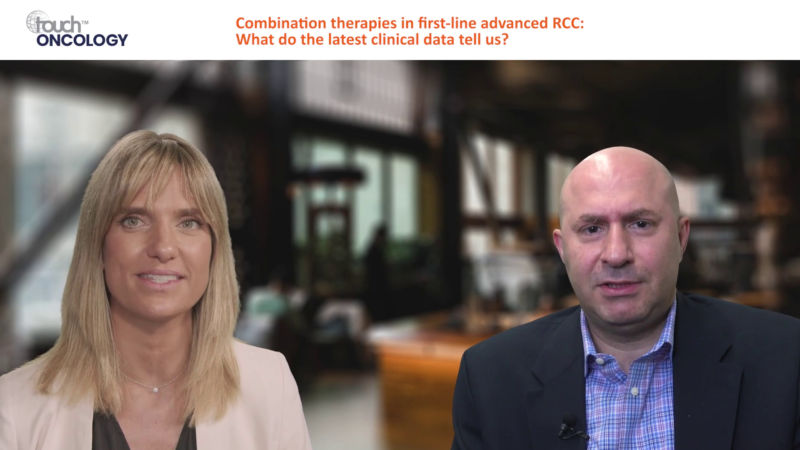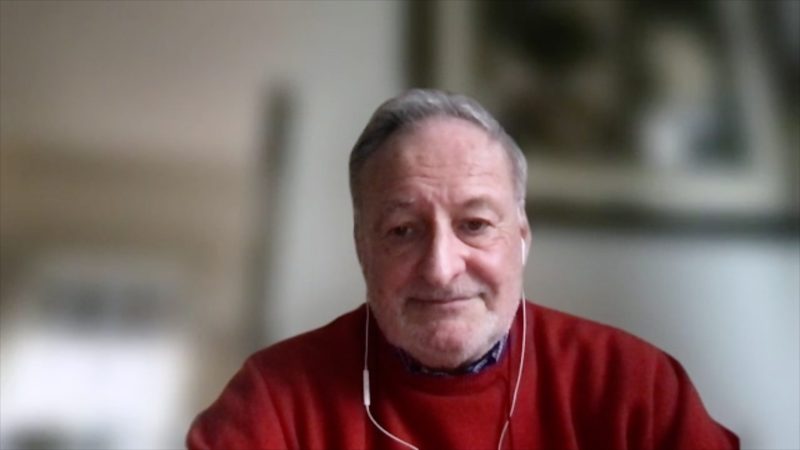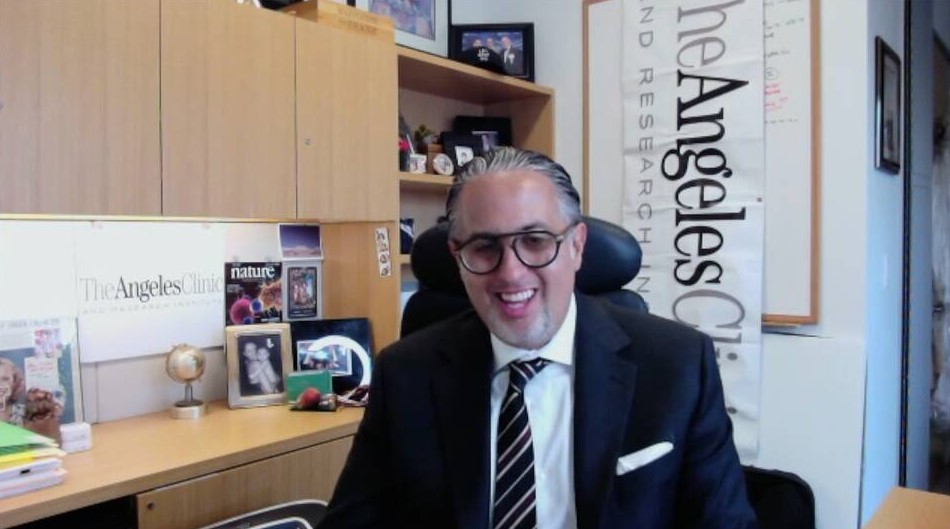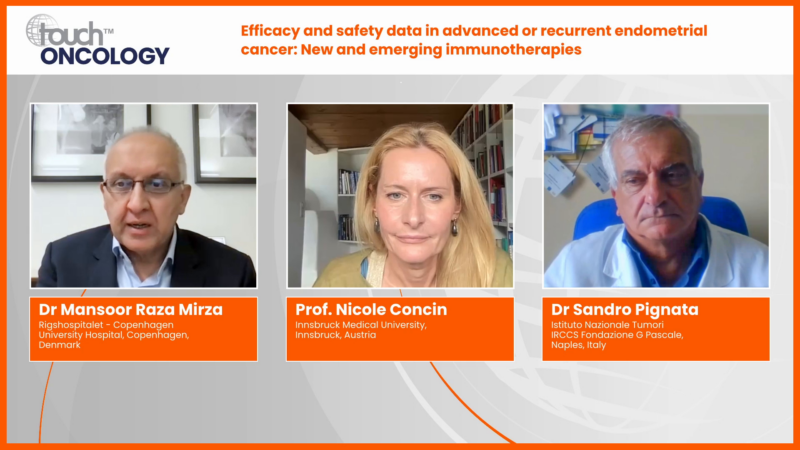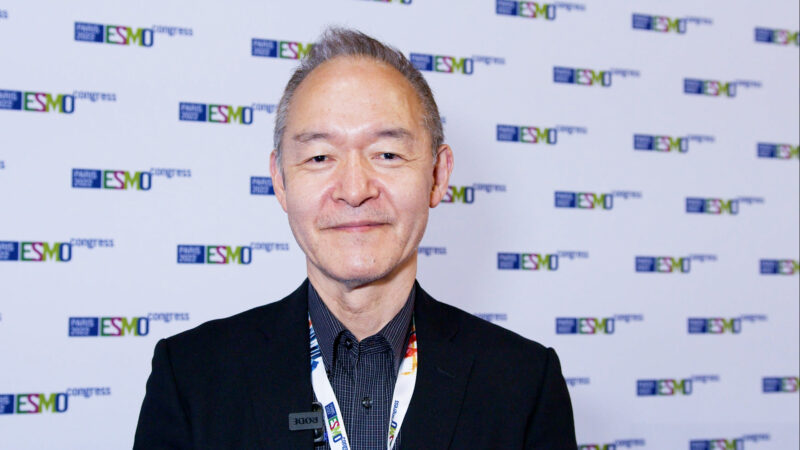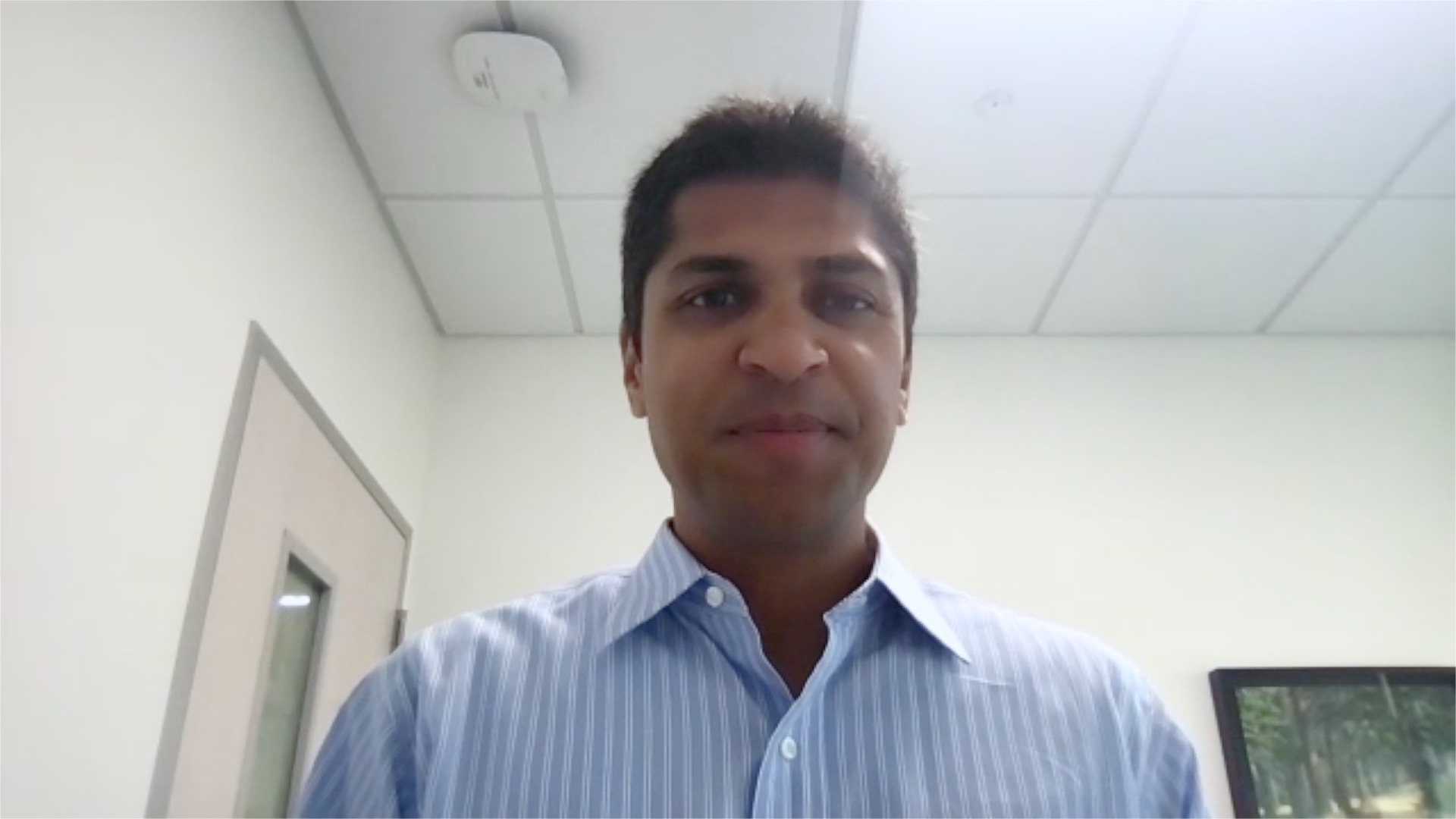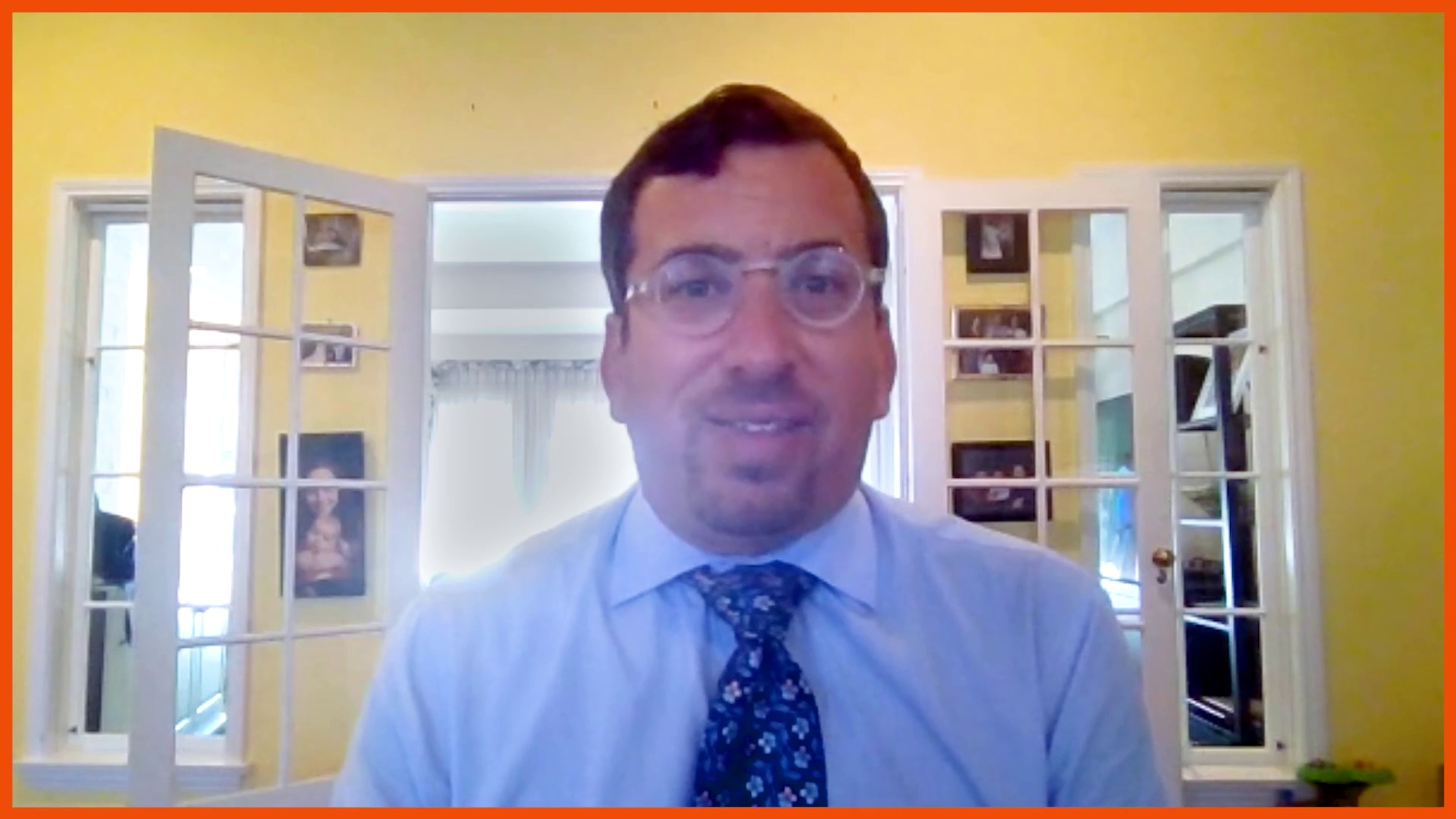touchEXPERT OPINIONS
 Experts answer questions with in-depth advice on the current clinical landscape and how new therapies and guidance might impact regional clinical practice. Useful tips below will show how to navigate the activity.
Close
Experts answer questions with in-depth advice on the current clinical landscape and how new therapies and guidance might impact regional clinical practice. Useful tips below will show how to navigate the activity.
Close
 Experts answer questions with in-depth advice on the current clinical landscape and how new therapies and guidance might impact regional clinical practice. Useful tips below will show how to navigate the activity.
Close
Experts answer questions with in-depth advice on the current clinical landscape and how new therapies and guidance might impact regional clinical practice. Useful tips below will show how to navigate the activity.
Close
Clinical decision making with immunotherapies in advanced or recurrent endometrial cancer
- Downloads including slides are available for this activity in the Toolkit
Learning Objectives
After watching this activity, participants should be better able to:
- Describe the role of molecular classification in optimal treatment selection for patients with advanced or recurrent endometrial cancer
- Evaluate the established role of immunotherapies for treating advanced or recurrent endometrial cancer according to guideline recommendations
- Discuss the impact of utilizing immunotherapy combination strategies for advanced or recurrent endometrial cancer in earlier lines of treatment
Overview
In this activity, a gynaecological oncologist considers the expanding role of molecular classification in endometrial cancer and provides an update on the use of immune checkpoint inhibitors to treat patients with advanced or recurrent disease, including key guideline recommendations, supporting data and considerations for clinical practice.
This activity is jointly provided by USF Health and touchIME. read more
Target Audience
This activity has been designed to meet the educational needs of oncologists and pathologists who are involved in the management of patients with endometrial cancer.
USF Accreditation
Disclosures
USF Health adheres to the Standards for Integrity and Independence in Accredited Continuing Education. All individuals in a position to influence content have disclosed to USF Health any financial relationship with an ineligible organization. USF Health has reviewed and mitigated all relevant financial relationships related to the content of the activity. The relevant relationships are listed below. All individuals not listed have no relevant financial relationships.
Faculty
Prof. David Cibula discloses Advisory Board or Panel fees from AstraZeneca, GSK, Karyopharm Therapeutics, Merck Sharp & Dohme, Novocure and Roche.
Content reviewer
Danielle Walker, DNP, APRN, AGNP-C has no financial interests/relationships or affiliations in relation to this activity.
Touch Medical Contributors
Hannah Fisher has no financial interests/relationships or affiliations in relation to this activity.
USF Health Office of Continuing Professional Development and touchIME staff have no financial interests/relationships or affiliations in relation to this activity.
Requirements for Successful Completion
In order to receive credit for this activity, participants must review the content and complete the post-test and evaluation form. Statements of credit are awarded upon successful completion of the post-test and evaluation form.
If you have questions regarding credit please contact cpdsupport@usf.edu
Accreditations
Physicians
This activity has been planned and implemented in accordance with the accreditation requirements and policies of the Accreditation Council for Continuing Medical Education (ACCME) through a joint providership of USF Health and touchIME. USF Health is accredited by the ACCME to provide continuing medical education for physicians.
USF Health designates this enduring material for a maximum of 1.0 AMA PRA Category 1 CreditsTM. Physicians should claim only the credit commensurate with the extent of their participation in the activity.
Advanced Practice Providers
Physician Assistants may claim a maximum of 1.0 Category 1 credits for completing this activity. NCCPA accepts AMA PRA Category 1 CreditTM from organizations accredited by ACCME or a recognized state medical society.
The AANPCP accepts certificates of participation for educational activities approved for AMA PRA Category 1 CreditTM by ACCME-accredited providers. APRNs who participate will receive a certificate of completion commensurate with the extent of their participation.
Date of original release: 6 June 2024. Date credits expire: 6 June 2025.
If you have any questions regarding credit, please contact cpdsupport@usf.edu
To obtain the CE/CME credit(s) from this activity, please complete this post-activity test.
Claim Credit- Downloads including slides are available for this activity in the Toolkit
You may also be interested in...
REGISTER NOW FOR FREE ACCESS TO
- 1000+ topical and insightful peer-reviewed journal articles
- 100+ hours of bite-sized congress highlights
- 10 major therapy areas packed with the latest scientific advances
- 150+ specialties offering learn-on-the-go medical education
- + Concise email updates and newsletters so you never miss out

Log into your Touch Account
Earn and track your CME credits on the go, save articles for later, and follow the latest congress coverage.
Sign up with an Email
Or use a .
This Functionality is for
Members Only
Explore the latest in medical education and stay current in your field. Create a free account to track your learning.









